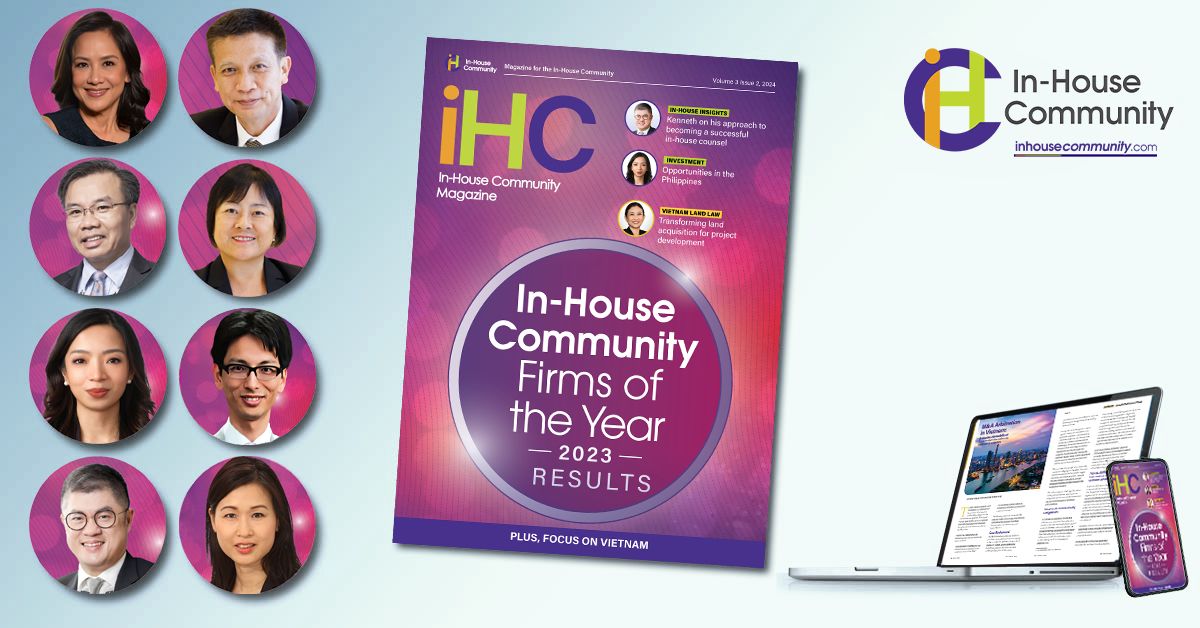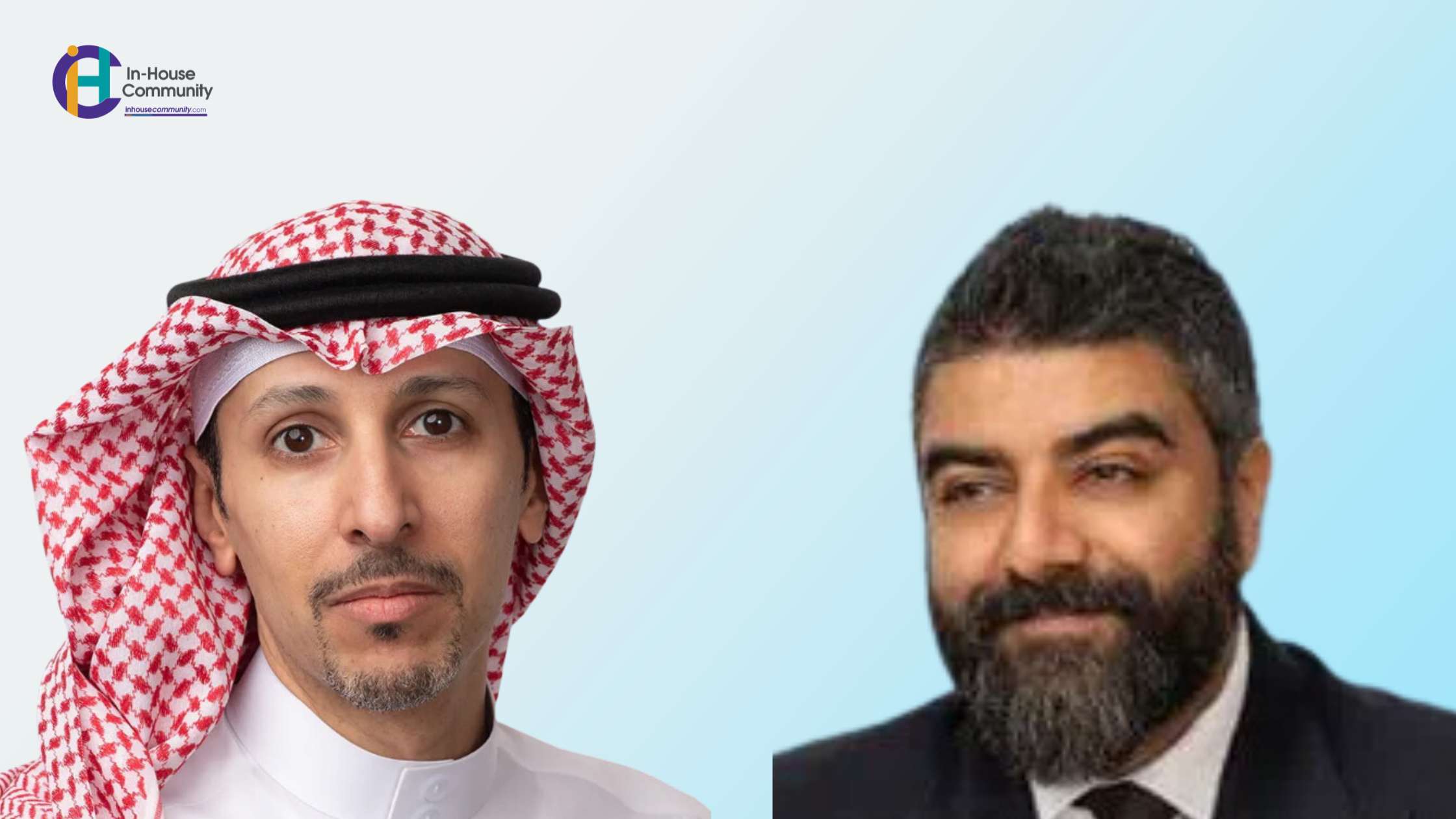With the global depletion of available capital as a consequence of the global financial crisis, asset managers are increasingly looking to access the significant amount of available capital in the Middle East. To be successful at gaining access to such capital, asset managers must select an appropriate financial centre for their management operations. The Dubai International Financial Centre (DIFC), through its independent regulator, the Dubai Financial Services Authority (DFSA), has positioned itself to the top of the list as a domicile of choice for asset managers in the Middle East.
 Overview of the licence application process The incorporation and authorisation process for asset managers setting up in the DIFC is process driven and usually takes about four months. Approvals are required from three separate entities within the DIFC before a new applicant is able to commence business: • first, the DIFC Authority must approve the business proposed to be conducted by the applicant. This involves the submission of a business plan, which must include detailed financial projections illustrating the viability of the business; • secondly, an asset manager seeking to conduct financial services in or from the DIFC must be licensed by the DFSA. While the DFSA provides for five different categories of license, the most common type of license for asset managers is a Category 3 license, which authorises asset managers to manage assets on a discretionary basis; and • thirdly, the Registrar of Companies must incorporate and register the applicant as a legal entity. The following requirements need to be satisfied by asset managers seeking to undertake financial services in or from the DIFC: • physical presence: applicants must have an operational business in the DIFC; • authorised individuals: certain specified functions must be fulfilled by the applicant’s officers and employees; and • regulatory capital: depending on the financial services to be provided, the applicant will be required to maintain a minimum amount of deposited regulatory capital determined by the DFSA. The minimum capital requirement for a Category 3 license is US$500,000, although the DFSA usually requires a buffer above this minimum amount. Establishment and marketing of Cayman Islands funds Walkers (Dubai) LLP To read the ASIAN-MENA COUNSEL article Click Here (Note, if you are using an iPhone or iPad you can also download this article directly to your iBooks after it opens in Google Docs). |














